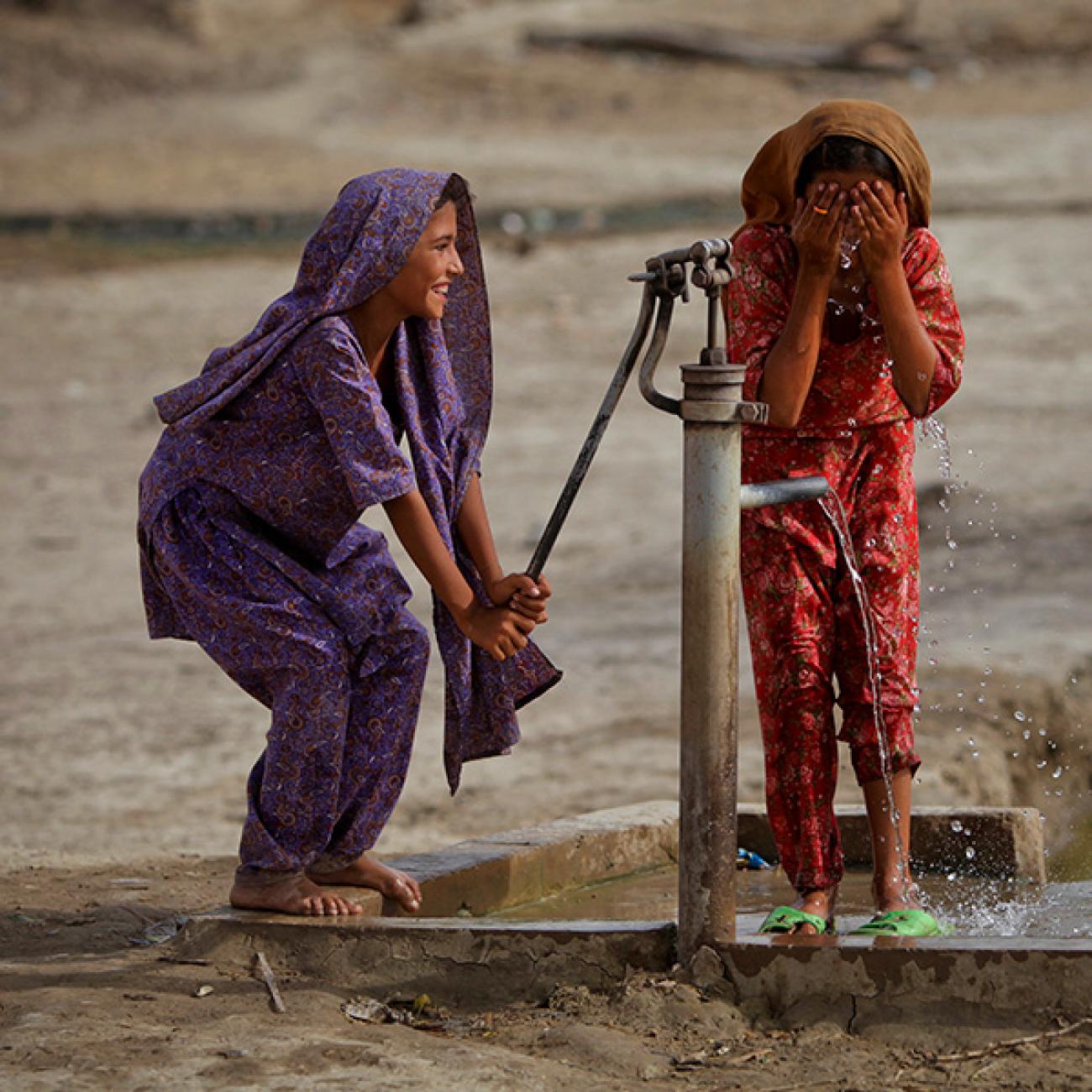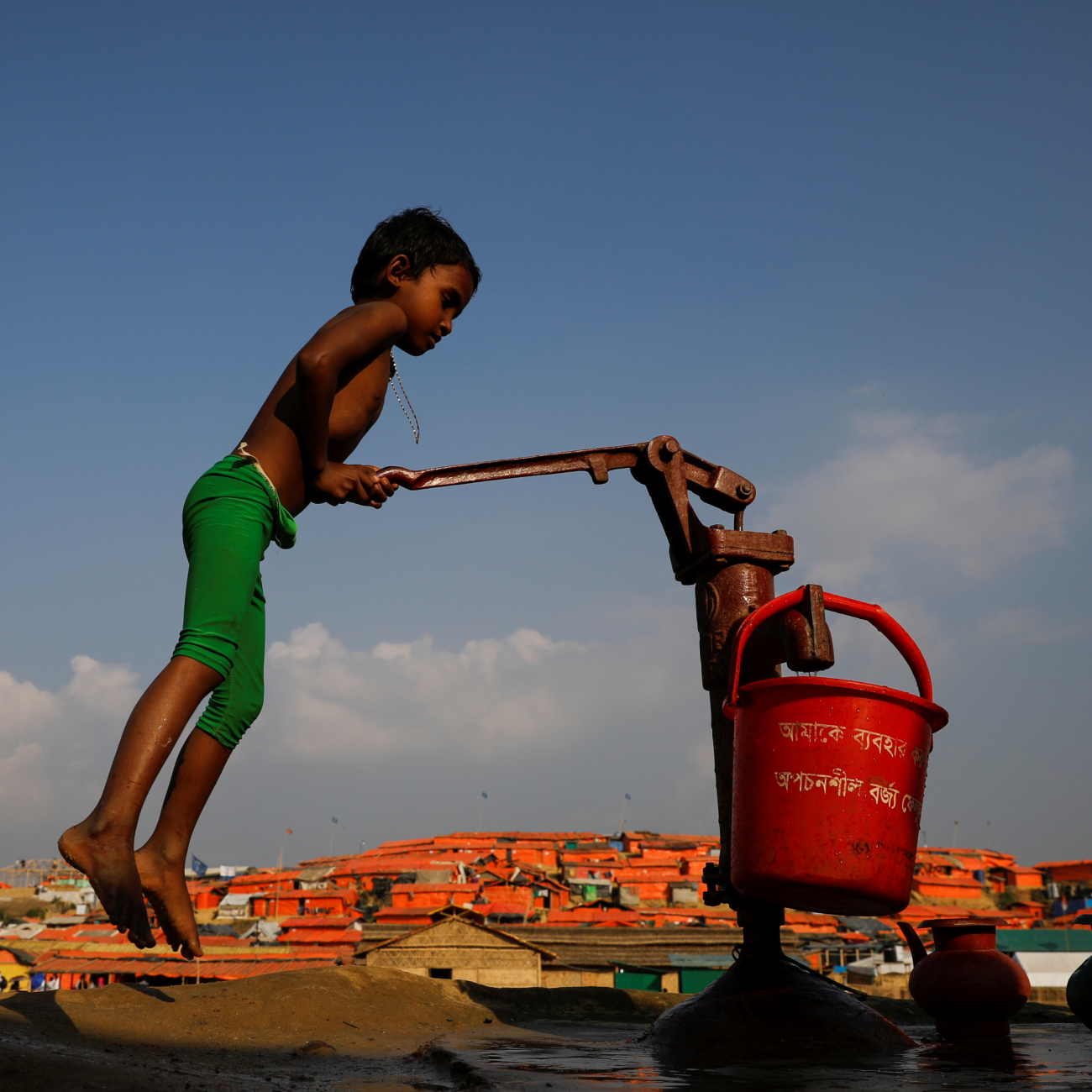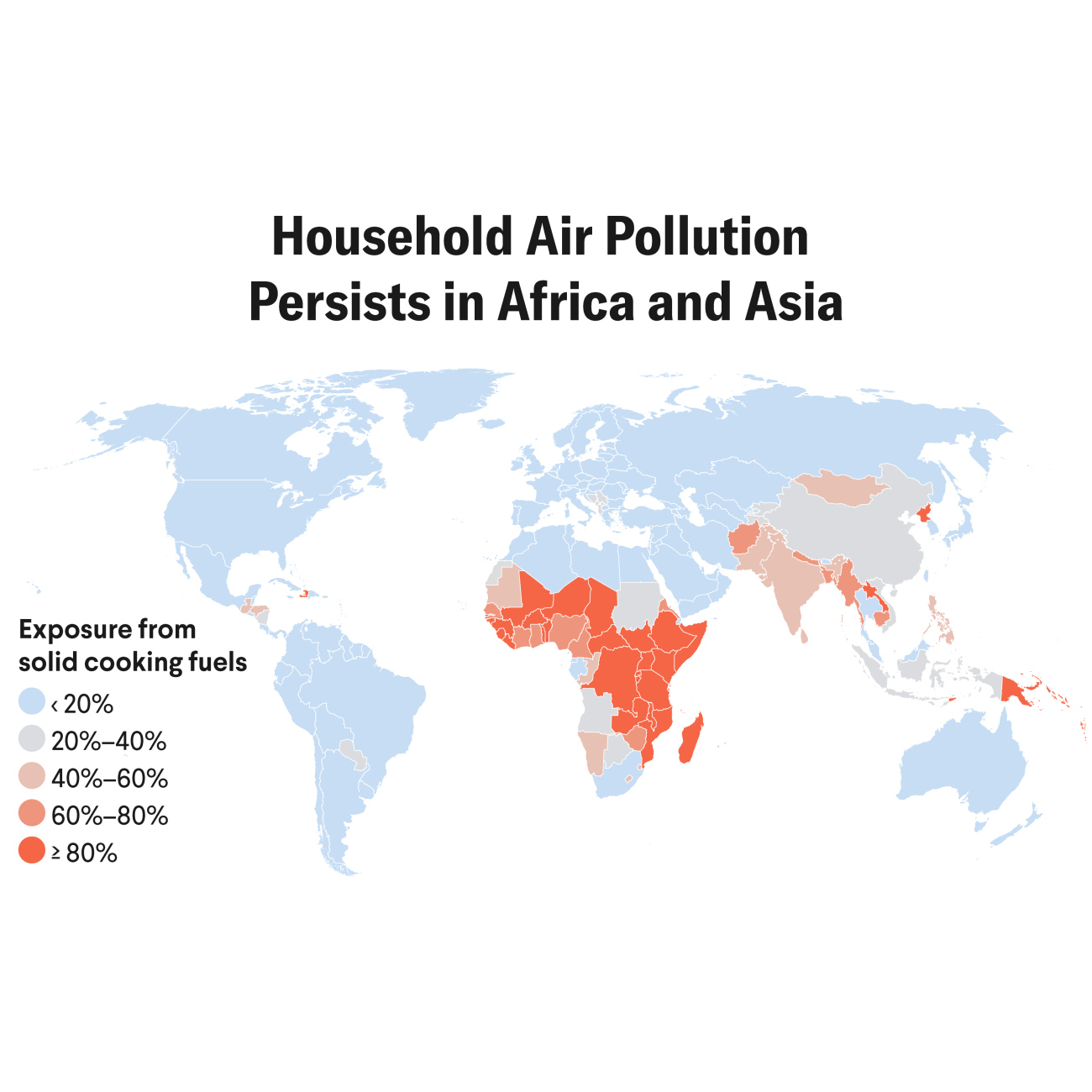Senator Paul Simon was recognizable by his trademark bowties throughout his decades on Capitol Hill, first as a five-term congressman and then two-term senator. A lifelong democrat from Illinois, he believed that government could effectively address social issues and do so with a balanced budget.
A staunch supporter of U.S. foreign assistance, Senator Simon understood that what happens outside our borders affects what happens inside them. He foresaw the global water crisis and was an early leader in seeking solutions, pushing to increase access to water and sanitation to meet the fundamental needs of the most vulnerable communities around the world.
When Paul met his future wife, Patti, both were widowed. He recognized something special in her right away and it's easy to see why. Her warmth and energy and continue to have the ears of members of Congress.
Today, for World Water Day, Patti Simon is back on Capitol Hill, speaking on the tenth anniversary of the legislation that bears her late husband's name, the Senator Paul Simon Water for the World Act.
As for her education in the global water crisis—that came early in their courting, on their third date.
Patti Simon: It's true. During his congressional travels, Paul became acutely aware of the destabilizing lack of safe and sustainable water and sanitation around the world and offered recommendations for solutions, serving on both the House Foreign Affairs Committee and the Senate Foreign Relations Committee. On our third date, Paul gave me a copy of Tapped Out, a book he wrote about the world water crisis after he retired from the Senate [in 1997].
Paul also partnered with Jim Thebaut, a highly regarded documentary filmmaker, to turn Tapped Out into a visually compelling depiction of the water crisis. He wanted people to see conditions for themselves. Unfortunately, Paul died unexpectedly in 2003 and did not live to see his documentary. Jim completed Running Dry and when it was shown to staff and members of Congress in 2005, I was honored to attend. I still recall a particular scene of a woman placing a small, blanket-wrapped body of a child into a cart with other bodies. It had a profound effect on me and was a stark reminder that poor water and sanitation cause the tragic early deaths of so many children in developing countries.
The truth is, water is all-encompassing—a global health, economic, and political crisis Paul recognized early on.
Think Global Health: You also have a deeply personal connection to water. Tell us about that.
Patti Simon: When I was eight years old, I contracted polio. I had had one shot of the three-series Salk vaccine several months earlier and that is most likely why I am here today. I still recall the fever, severe pain, and hallucinations that no flu can match. I also remember the doctor telling my parents at the hospital that given how high my fever was he was not sure I'd survive until morning.
Back then, swimming pools and beaches closed when there was an outbreak because polio is one of dozens of diseases that can spread through contaminated water, which is why proper sanitation is so vital in containing disease. Today polio is near eradication, but if vaccine coverage and immunity levels drop, another outbreak can occur within months, and water will be one of the conduits.
Think Global Health: In your overseas travels with Senator Simon, you saw the WASH—Water, Sanitation and Hygiene—crisis up close. What is a memory and big takeaway from those trips?
Patti Simon: Two stories come to mind. In 2003, we traveled to Nigeria. Along the road, I saw people defecate in the open. We also saw adults and children crippled by polio, pushing themselves around with their hands while sitting on small boards with wheels. On the ride from the Lagos airport to the U.S. Embassy, I sat next to a marine who lived outside the compound. He told me his wife had to boil their water and soak fruits and vegetables in bleach for 30 minutes before she could wash and use them.
When managed well, water makes for a more stable world
Patti Simon
Paul was also deeply concerned about the politics of water. When managed well, water makes for a more stable world. The very first trip I took with him was in 2001 to Jordan and Syria where he was working on a regional water agreement with Secretary of State Colin Powell. The fresh water of Lake Tiberius was so low that islands were appearing in it. A water crisis was already at hand. Paul hoped that Jordan would work with Israel, Syria would work with Lebanon, and others would join.
Unfortunately, Syria was too committed to cotton, a higher value cash crop that's very water intensive, and then 9/11 happened two months later. As we left, Paul predicted that in 10 years Syria would have big problems over water. He was right almost to the day.
Think Global Health: How did your husband's dedication to water become a legislative success after his death? What has been the substantive impact of the Senator Paul Simon Water for the World Water Act?
Patti Simon: The key to its success is bipartisanship. Paul and Rep. Earl Blumenauer (D-OR) had shared their concern for water issues. After Paul's death, Earl took up the cause and with Rep. Ted Poe (R-TX), introduced a bill to make WASH in developing countries part of U.S. Foreign Assistance policy, something Paul had pushed for. Rep. Henry Hyde (R-IL), chairman of the Foreign Affairs Committee, moved the bill in Paul's name. Senators Dick Durbin (D-IL) and Bill Frist (R-TN) sponsored the senate version, and the Senator Paul Simon Water for the Poor Act was signed into law by President George W. Bush in 2005. As global WASH programs evolved, updates were needed. Again, with renewed bipartisan support, the Senator Paul Simon Water for the World Act passed and was signed into law, in 2014, by President Barack Obama.
Since the first projects got underway in 2008, more than 70 million people have received access to safe, sustainable water, and 54 million have received sanitation services. Girls stay in school, and women can work and develop skills that were impossible when they spent their days hauling water long distances. WASH services are life-changing and an act of American goodwill.
Then in 2020, Congress launched the bipartisan International Water and Sanitation Caucus (now called the Global Water Security Caucus) that is helping inspire parliaments around the world to prioritize and invest in WASH.
Think Global Health: China is now jumping into the water aid business. From the outside, that looks good to the recipient country. But is it?
Patti Simon: I remember a guide pointing out a soccer stadium built by China. He said it was used a few times a year for tournaments, but they use their water every day. Foreign aid by China used to consist of building show places, like that stadium. Now, the Chinese have realized infrastructure, especially water access, provides more goodwill and better benefits China. But their approach is far different [than the United States's].
U.S. foreign assistance involves local people in building and maintaining WASH projects and turns ownership over to them. The United States is promoting a basic system of self-governance. China builds the projects, continues to own and run them, and wants water rights. The United States uses proven methods to make projects sustainable. China builds as fast as it can and problems often result. China has targeted Africa for expanding its influence and areas of Africa are especially vulnerable now with military coups on the rise. U.S. national interest is a concern.
The United States needs the next generation to pick up the torch
Patti Simon
Think Global Health: What brings you back to Capitol Hill?
Patti Simon: Two words: budget cuts. I remember Paul saying some of the most successful programs are the most vulnerable to cuts because people don't recognize how important they are. So many Americans misunderstand how much the United States spends on nonmilitary foreign assistance. Today, it's less than 1% of the federal budget, and the WASH appropriation is a tiny fraction of that.
Congressional funding for WASH slowly increased and has stayed steady at $475 million for the past three years. That's a drop in the bucket, and now a drastic 31% budget cut is being proposed. WASH has a 4 to 1 return on investment; this cut will be both costly, and roll back progress. The United States needs to stay active in vulnerable areas, especially Africa. Its reputation as a world leader in WASH, its influence and goodwill—and national security—are all at stake.
With Earl [Blumenauer] retiring, the United States needs the next generation to pick up the torch. I'm pleased to say bipartisanship around WASH continues. I met with Rep. Darin LaHood (R-IL) and Senator Tammy Duckworth (D-IL) in January, and both are enthusiastic. I hope more leaders come on board. Paul had a vision for a better world. He would be immensely pleased with the legislation named for him, and grateful for all who made it possible and continue to make it a success.
Think Global Health: I have to ask, what's the story behind those bowties and how many did he have?
Patti Simon: I'm not sure how many ties Paul had, but they filled a large drawer. He often received ties from events where he spoke. He did have some favorites, and I kept one. We were at a meeting in July, and I noticed he was wearing a Christmas theme tie with a gold background and holly and berries. Not noticing the pattern, he went with the gold color to match his khaki summer suit. As a new bride, I knew it was out of the question to ever try to influence Paul's choice of ties!
The bowties started when he ran for office the first time; he was one of six candidates in a crowded field for the Illinois General Assembly. Most thought he didn't stand a chance of winning. He switched to bowties full time and became recognizable. A reporter called him "the guy with the bowtie." And yes, he won.
Decades later, when Paul stepped onto the Senate floor to cast his last vote before he retired, he was greeted by a chamber filled with men wearing navy blue and white polka dot bowties and women in matching scarves. They had so much respect for Paul.
EDITOR’S NOTE: This interview was conducted over phone and email and has been edited for length and clarity.






